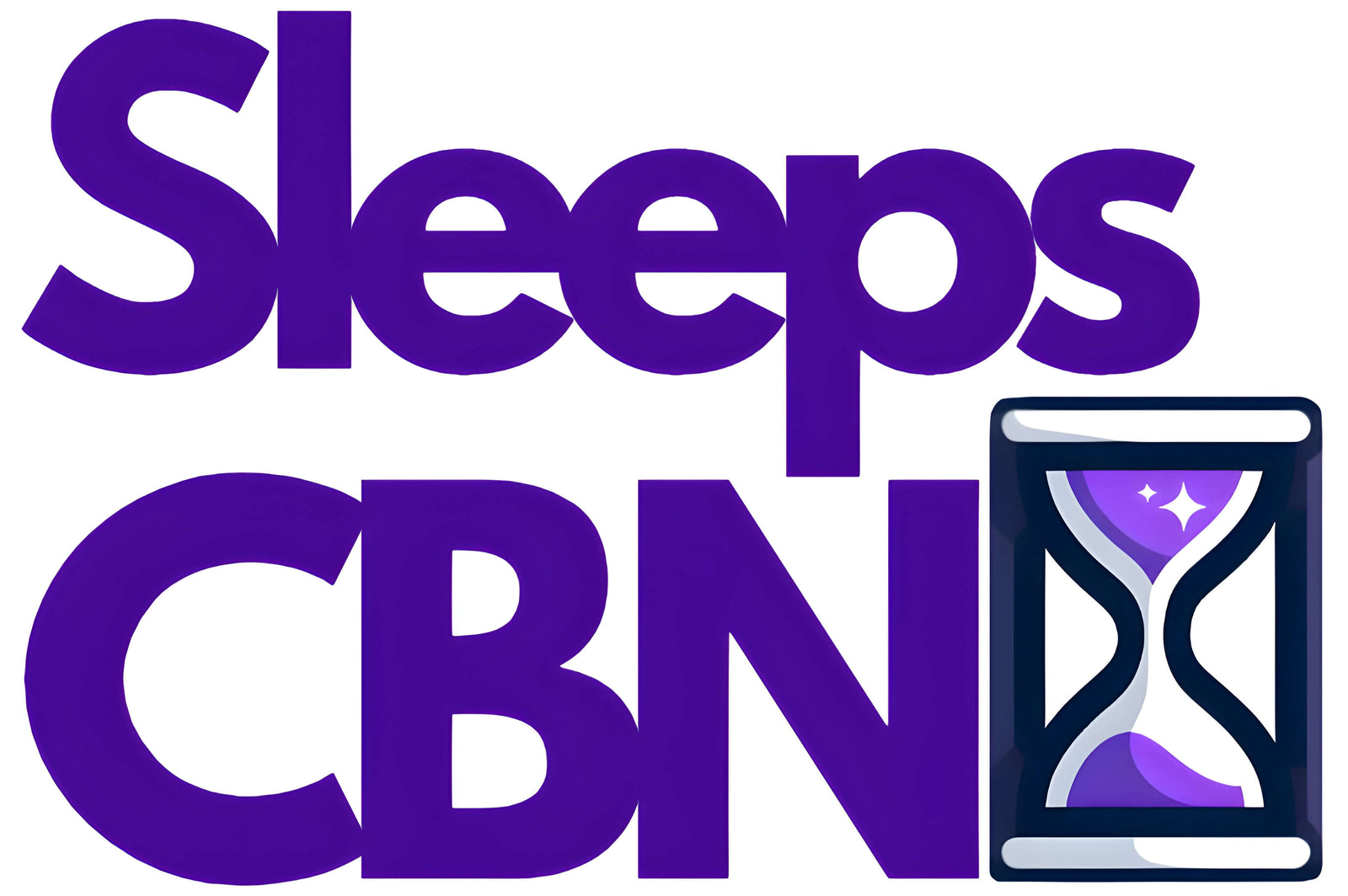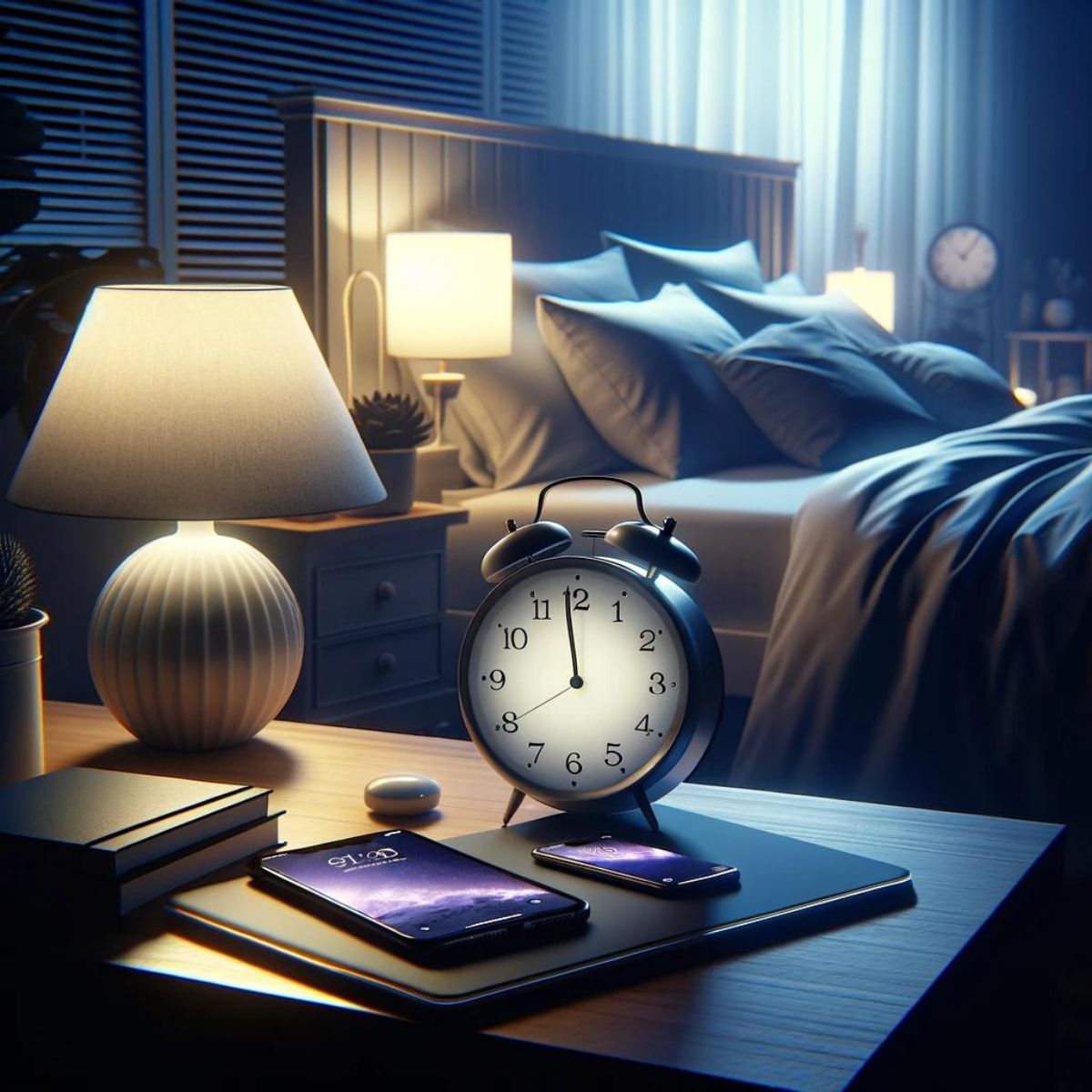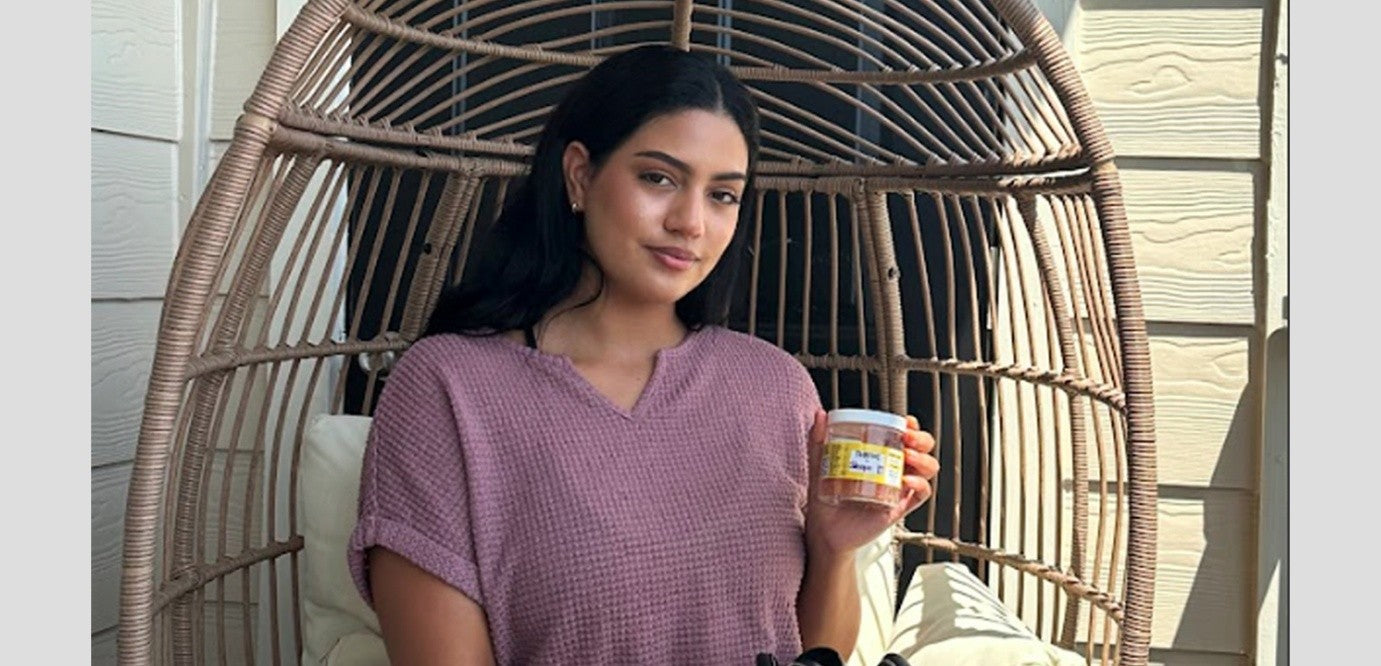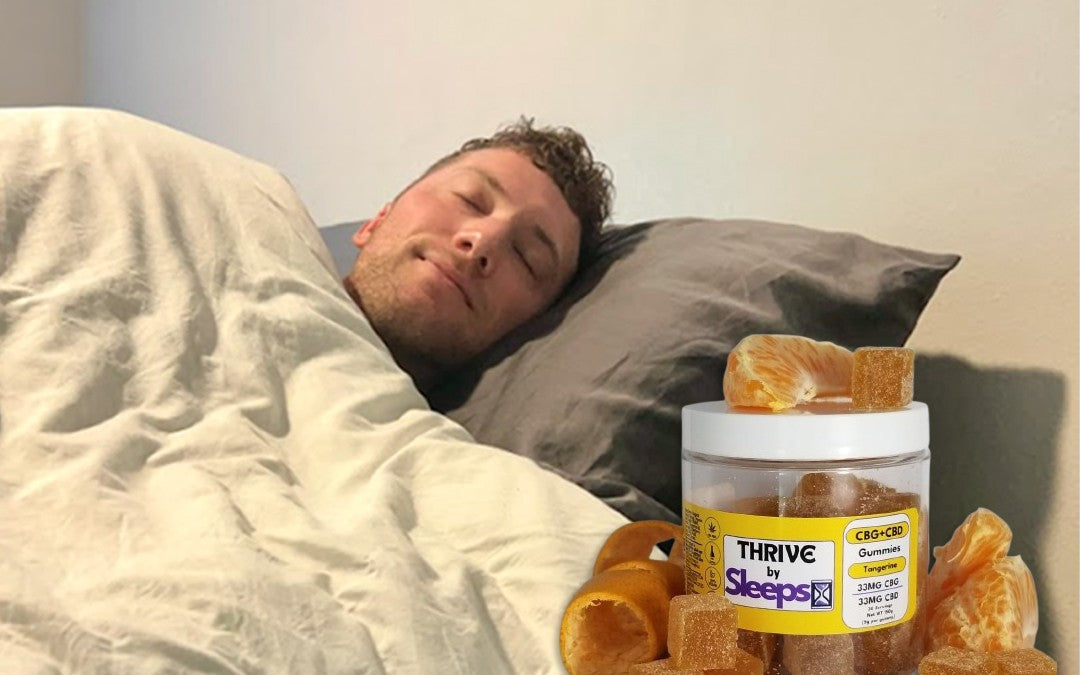In the era of smartphones, tablets, and late-night binge-watching, screen time has become a central part of our daily routines. But as we immerse ourselves in the digital world up until the moment we close our eyes, we may be unknowingly sabotaging our sleep. Understanding the reasons to limit screen time before bed can be a game-changer for your sleep quality and overall health.
The Impact of Blue Light
One of the most discussed concerns of nighttime screen use is the emission of blue light. Research shows that blue light can significantly inhibit the production of melatonin, the hormone responsible for regulating sleep-wake cycles. By disrupting our circadian rhythms, blue light exposure before bedtime makes it more challenging to fall asleep and can lead to poor sleep quality.
Cognitive Stimulation
Screens are not just physical objects but portals to stimulating content. Whether it's the endless scroll through social media, the intensity of video games, or the suspense of a thriller, digital content keeps our brains engaged. This cognitive stimulation increases mental alertness, making it harder for us to wind down and prepare for sleep.
Emotional and Mental Health Effects
Excessive screen time, especially before bed, has been linked to heightened levels of anxiety and stress. Disturbing content, whether news or movies, can trigger emotional responses that reverberate through our sleep, leading to restlessness and even nightmares.
Physical Discomfort and Strain
Beyond the effects on sleep, prolonged screen use can lead to digital eye strain, characterized by dry, irritated eyes, blurred vision, and headaches. Moreover, poor posture while using devices can contribute to back and neck pain, making it uncomfortable to fall asleep.
Recommendations for Reducing Screen Time
Creating a technology curfew, at least an hour before bed, can help minimize the adverse effects of screens on sleep. Instead of scrolling through your phone, consider reading, practicing relaxation techniques, or planning your next day to gently ease your mind into sleep mode.
The Role of Technology in Managing Screen Time
Ironically, technology itself offers solutions to mitigate its own adverse effects. Features like "Night Mode" reduce blue light emission, and apps can monitor and limit screen time, helping users adopt healthier habits.
Incorporating SleepsCBN into Your Nightly Routine
In our quest for better sleep, reducing screen time is a significant step. However, integrating a natural sleep aid like SleepsCBN CBN Sleep Gummies into your nighttime routine can further enhance sleep quality. SleepsCBN gummies, leveraging the sleep-promoting properties of CBN, offer a natural alternative to improve sleep without the grogginess often associated with traditional sleep aids.
Reducing screen time before bed is more than just a lifestyle choice; it's a commitment to improving your sleep health and overall well-being. By understanding the reasons behind this change and incorporating supportive practices and products like SleepsCBN CBN Sleep Gummies, you can enjoy deeper, more restorative sleep.
References
"Blue light has a dark side." Harvard Health Publishing. Harvard Medical School, May 2012, https://www.health.harvard.edu/staying-healthy/blue-light-has-a-dark-side.
"Screen Time and Insomnia: What It Means for Teens." Sleep Foundation, https://www.sleepfoundation.org/teens-and-sleep/screen-time-and-insomnia-what-it-means-for-teens.
"Digital Eye Strain: Prevalence, Measurement and Amelioration." BMJ Open Ophthalmology, vol. 3, no. 1, April 2018, https://bmjophth.bmj.com/content/3/1/e000146.




